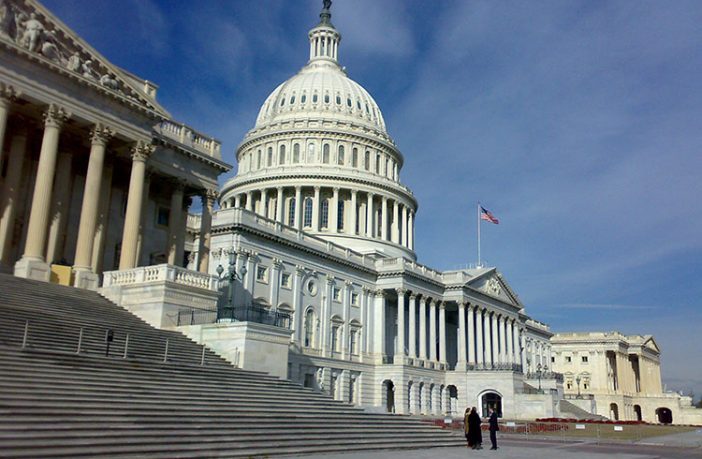Lengthy lines and hours-long waits at America’s ports of entry could grow even longer if Democrats in Congress pass their Access to Counsel Act. And that’s just the beginning of the bad news.
Inventing a new right for those seeking entry into the U.S., H.R. 5581 orders that people stopped for secondary screenings have “a meaningful opportunity to consult with counsel and an interested party.”
Secondary inspections are used at ports of entry to give Customs and Border Protection (CBP) officers time for additional screening of suspicious individuals. The process, conducted away from the main queues, can involve more in-depth questioning, deeper database queries and physical searches.
The vast majority of people admitted to this country are not referred to secondary inspections, but annually more than 17 million are. H.R. 5581’s right-to-counsel provisions would exponentially increase processing and wait times.
Worse still, logjamming the inspection system could undermine its effectiveness, jeopardizing national security.
But the bill’s sponsor, Rep. Pramila Jayapal, D-Wash., and 50 co-sponsors, all Democrats, are moving full speed ahead. They have yet to call experts from CBP or the Department of Homeland Security to testify on the bill’s impact.
Under regulations in effect since 1980, applicants for admission to the U.S. are not entitled to representation during inspections unless they become the focus of a criminal investigation and have been taken into custody. H.R. 5581 does not provide government-paid legal services to aliens, but establishes for all applicants – including non-immigrants and lawful permanent residents – a new statutory right to obtain legal counsel during “removal, exclusion, deportation proceedings, or inspection[s].”
“Democrats understand that it’s a bridge too far to outright repeal the Immigration and Nationality Act provision prohibiting taxpayer-funded counsel during removal proceedings. H.R. 5581 is their way of testing how far they can go,” said Rep. Doug Collins, R-Ga., ranking member of the House Judiciary Committee.
FAIR seconds Collins’s critique and sees additional problems with the bill’s loose wording. Citing one of its sections on secondary screenings, FAIR’s Preston Huennekens points out, “There is no real definition of what constitutes the ‘briefest term and least restrictive conditions practicable.’”
“This could be used to justify the release of aliens [into the U.S.],” he observed.
That appears to be the bottom line in Jayapal’s bill.




